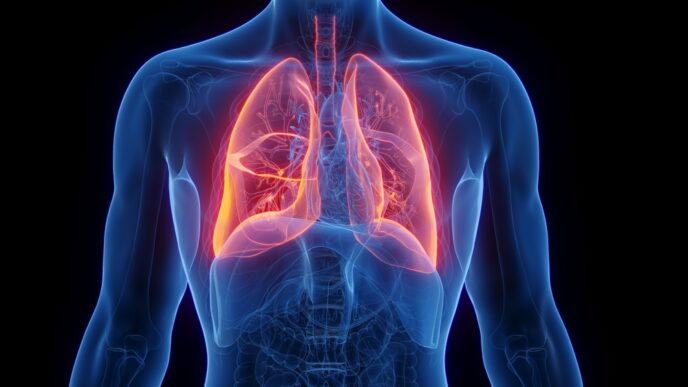‘Safe Than Sorry’
April 29, 2022 Return

Last August, we were suddenly bombarded with news reports of a typhoid fever outbreak in Malaysia. Later that October, a second batch of cases cropped up with areas such as Kuala Lumpur and Selangor seeing the highest number of cases. Thankfully, none of the cases resulted in deaths. However, the Ministry of Health still cautioned the public to practise vigilance due to a global health alert that a lethal strain of multidrug resistant typhoid was spreading across Africa and Asia.
The tea on typhoid
Induced by Salmonella typhi (related to the very bacteria which causes salmonella food poisoning), typhoid is transmitted through contaminated food, water or close proximity with an infected individual. Although there have been cases in developed countries, they are far and few in between. It is in developing countries (which have poor sewage sanitation and restricted access to clean water) where typhoid fever is a threat.
Symptoms typically present 1-3 weeks after one has been exposed to the bacteria and can range from mild to severe. While typhoid is characterized by increasing fever and extreme exhaustion, other symptoms to look out for include:
- headache
- appetite loss
- diarrhoea
- muscle or abdominal pain
- sweating
- dry cough.
It can be complicated …
Although Malaysia’s typhoid fever situation doesn’t seem serious, don’t let this disease fool you – its complications can be severe, if untreated. Perforation of the bowels or intestines, internal bleeding, sepsis (blood infection), pneumonia and meningitis are some examples.
Time is of the essence
If you experience symptoms which you feel might be indicative of typhoid, do get yourself tested. Aside from enquiring about your travel history (e.g. ‘have you visited any typhoid hot spots lately?’ or ‘have you eaten at a place with questionable hygiene practices?’), your doctor will check your blood or other bodily fluids like stools or urine for Salmonella typhi.
If your test returns positive and if your typhoid fever is still in its early stages, you will be prescribed with a 1-2 week course of antibiotics. More severe cases typically require antibiotic injections. Your condition should improve within several days but regardless, ensure you finish the entire course. If you don’t, the infection is likely to return and you could spread it to others.
Aside from taking medication, drink plenty of fluids (to avoid the dehydration that follows your fever or diarrhoea), have adequate rest and practise good hygiene.
Is there a vaccine for it?
Yes, typhoid fever vaccine is available in 2 forms – pill or injection. Your doctor will prescribe you with the form which best suits your health condition. However, neither form of vaccine provides 100% protection so precautions like consume only boiled or bottled water, wash hands regularly and eat thoroughly cooked food are a must. When it comes to food, abide by the mantra ‘Boil it, cook it, peel it or forget it’ to reduce your risk of developing typhoid fever as much as possible!
References:
Asia One. Available at www.news.asiaone.com
Centers for Disease Control and Prevention. Available at www.cdc.gov
IAMAT. Available at www.iamat.org
Mayo Clinic. Available at www.mayoclinic.org
NHS UK. Available at www.nhs.uk
WebMD. Available at www.webmd.com
If you like this article, do subscribe here.











